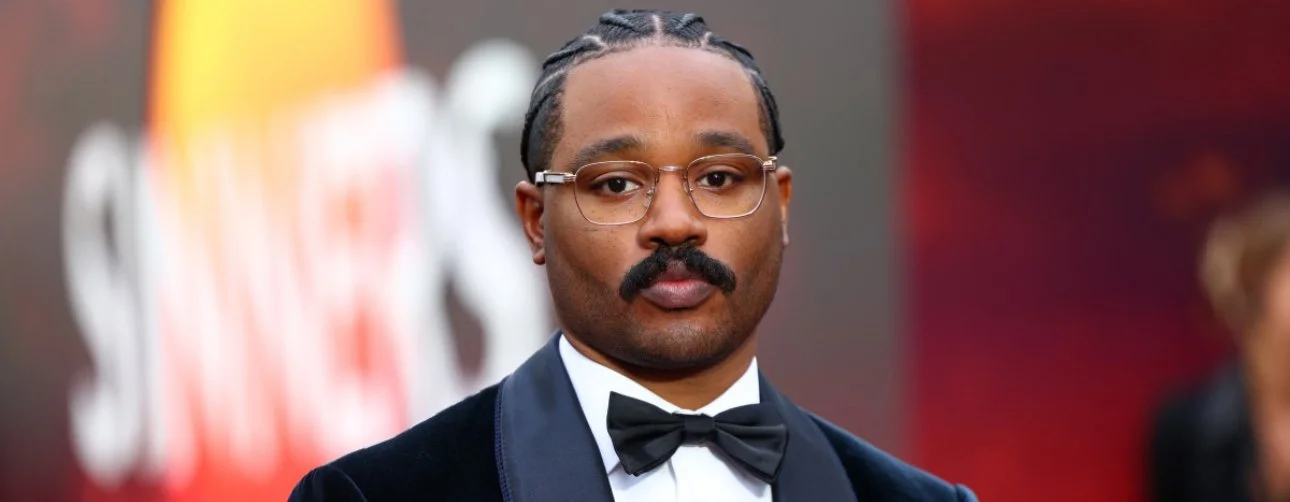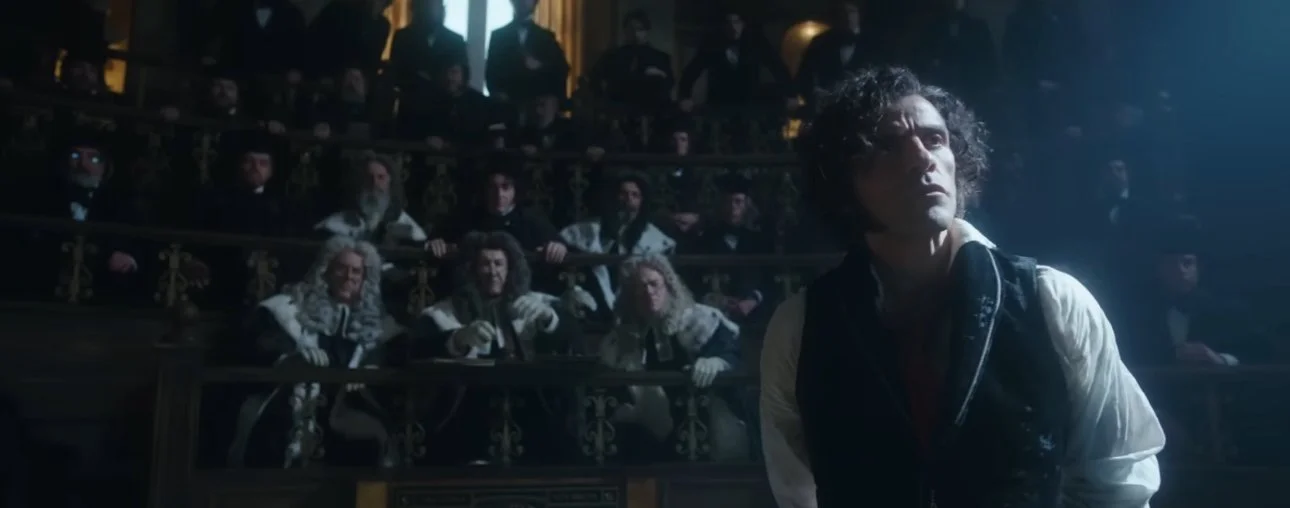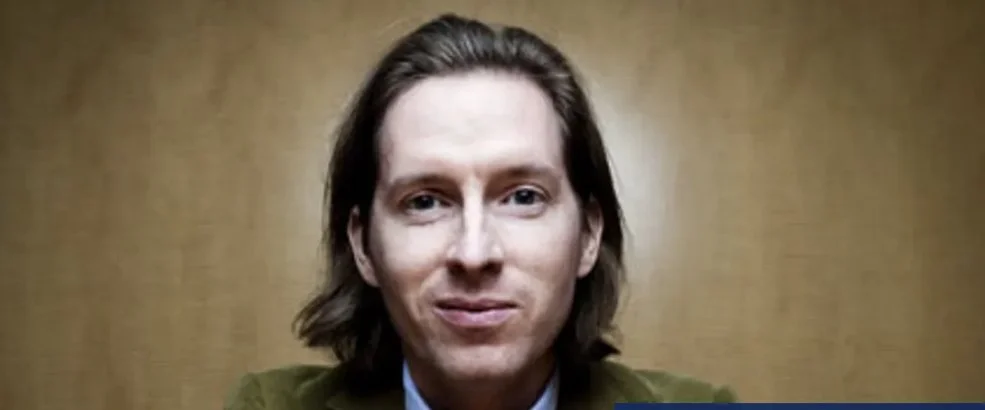In the last 5 years, we've had Steven Soderbergh, David Lynch, David Fincher, Martin Scorsese, Jane Campion, Woody Allen, Alfonso Cuaron, Noah Baumbach, Spike Lee, and many more making the jump to the small screen.
Why? Because the middle-ground to direct the kind of films they used to make on the big screen fell out. You know, the oft-mentioned mid-budget movie, which has always been more interested in character-oriented drama than CGI-dominated nonsense. And for that, we should be grateful TV picked up the slack.
And yet, there is a negative to TV's takeover; the adult-driven 2-hour movie is an art form. You can herald the artistic merits of serialized television all you want, but there is something exciting about watching a 2-hour drama and not having the thought of setting aside committed time to binge-watch it.
Wes Anderson was on The Hatchards Podcast in London. I’ll cover more of the interview at a later date, but he specifically spoke about the television vs movie debate:
If I was required to put a bet on it, I would to tend to say the form kind of carries on, you know? There tend to be trends for some period of time. You know, the movies are longer or shorter, but basically, it's a really good format for telling a story. Sitting in a cinema and watching one is better than sitting at home. I mean, we do it all the time, but there's something much more focused and intense about it. It's the way to really get the movie. And a movie is a special thing. A TV show is not the same. And the kind of storytelling you do in a TV show requires something different. I mean, I think with a TV show that really hooks you, the frequency of incident is so high. You've got to have one thing happen and then what happens, and then what happens... but with a movie... you don't necesarily have to have anything happen. You've got a fixed period of time and what you need is for a spell to be cast. And that can be very powerful in a very different way. And I don't know if people will just let that go.
There is something powerful in watching a concisely told 2-hour story being told. The art of narrative storytelling is at its best when it is confined with a tightly constructed beginning, middle and end.
Whenever the TV vs Cinema debate gets ignited, I always refer back to a memorable Team Deakins podcast interview. In 2020, Roger Deakins had director Joel Coen, one half of the Coen Brothers, on as a guest. It turned out to be an essential discussion about all things cinema, especially if you’re a Coen-head like myself.
Here’s the astute observation Coen had about the debate and how television tends to run its course due to the strenuous attempts of continuing the story for multiples seasons:
Television has a beginning, a middle, a middle, a middle, a middle, until the whole thing dies of exhaustion. It’s beaten to death and then you find a way of ending it.
That, in essence, is the difference between television and movies. It's quite simple, really.
Sure, you’ll have those rare shows that, at the very beginning, have a set conclusion in mind and don’t overstay their welcome, I’m thinking “The Sopranos,” “The Wire,” “Breaking Bad,” “Succession,” but, overall, they are few and far between.





